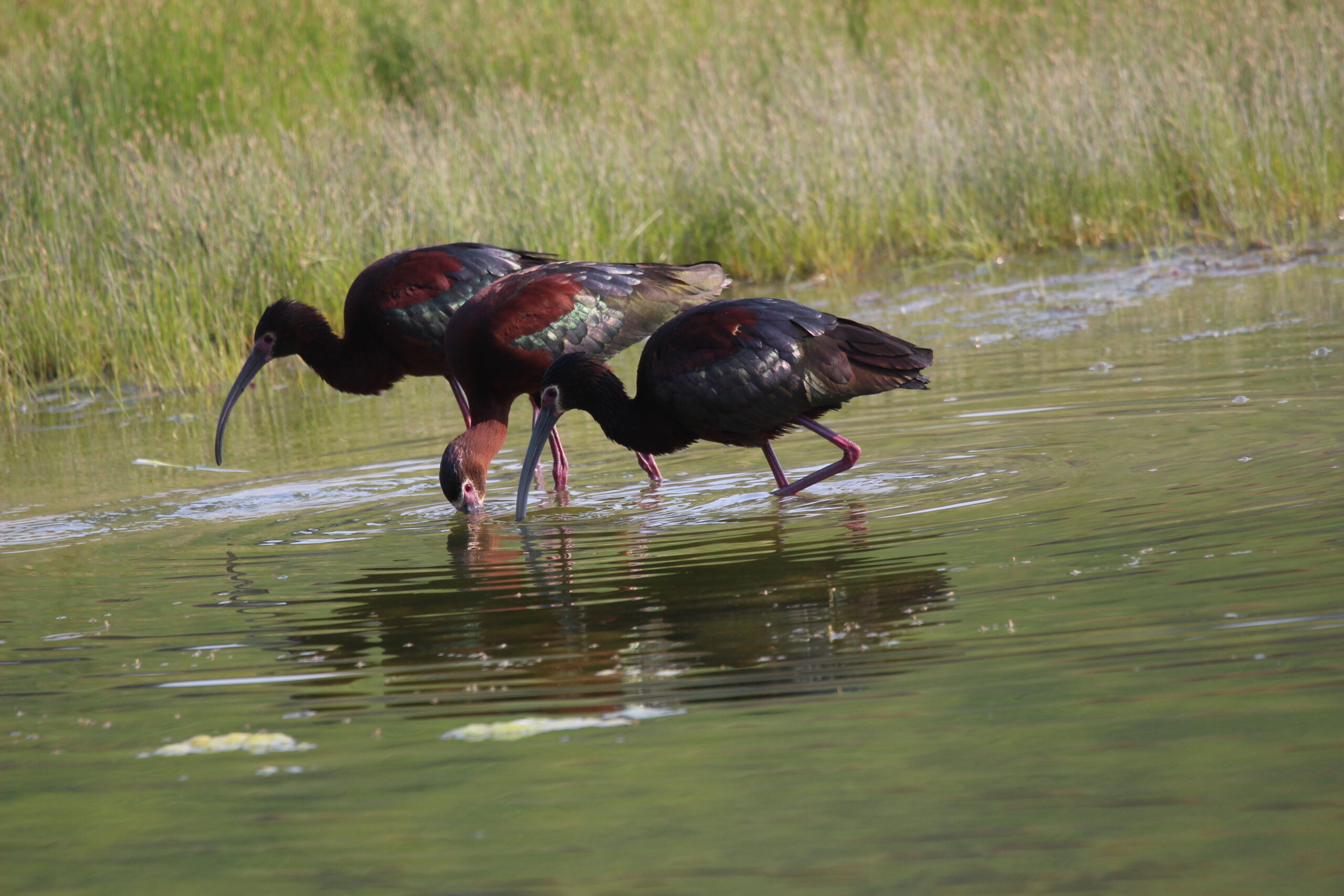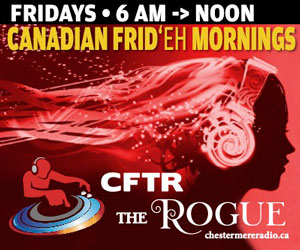Kenya, one the three east African countries, is facing its greatest challenge when goes to the polls on March 4. The country has had a violent past as far as elections are concerned. When President Mwai Kibaki was elected in 2007, chaos erupted and 1,200 people died in tribal violence.
Seven men and one woman are seeking the nation’s top position this year. The election is also a fight between the two front-runners, Uhuru Kenyatta and Prime Minister Raila Odinga. These two politicians are at the head of Kenya’s leading political dynasties and their rivalry stems from their fathers’ days – Jomo Kenyatta was Kenya’s first president and Saratoga Odinga Odinga was vice-president until he had falling out with his leader, resigned and founded an opposition party.
As usual, there is a touch of tribalism in all this as Kenyatta belongs to the Kikuyu, which is Kenya’s dominant tribe and Odinga is a Luo – the tribe, which has never held the presidency of independent Kenya.
Kenya made history recently when all the candidates gathered for the country’s first televised presidential election debate, which was broadcast by eight television and 34 radio stations.
During the debate, both Kenyatta and Odinga discounted claims that they were running ethnic campaigns. “Tribalism is a cancer that has afflicted this country for a very long time,” Kenyatta said. “I personally believe that this problem is largely … as a result of a battle for resources,” he said. Odinga branded tribalism as “a disease of the elite”.
Kenyatta and his running mate, former education minister William Ruto, a Kalenjin, are both facing charges at the international criminal court (ICC) in The Hague for their role in the 2007 election violence. Both have rejected the charges with Kenyatta assuring voters that he would govern while fighting the charges. “I know that it will pose serious challenges to run a government by Skype from The Hague,” Odinga teased his opponent. “I know that it is not practical.”
In the event no candidate wins more than 50 percent of the vote on March 4, there will be a second-round run-off vote in April. Political pundits believe a tight vote could pose the greatest danger to peace. In the 2007 election, violence erupted when Odinga, who was standing against Mwai Kibaki, the present president, alleged the vote was rigged.
Ipsos Synovate poll conducted in January indicated Odinga and his CORD coalition in the lead with 46 percent while Kenyatta, who is running for the Jubilee coalition, came second with 40 percent.
The forthcoming elections in Kenya have already drawn international attention. U.S. President Barrack Obama has been the first one to call on Kenyans to reject intimidation and violence, to allow a free and fair vote, and to resolve any disputes “in the courts, not in the streets.”
Obama has close connections to Kenya, first as an African American and second as one whose father hailed from Kenya. Kenya declared November 6, 2008 when he was elected Obama Day a national holiday.
Obama began his speech with the Swahili words, “Habari yako” (How are you.) “This is a moment for the people of Kenya to come together, instead of tearing apart. If you do, you can show the world that you are not just a member of a tribe or ethnic group, but citizens of a great and proud nation,” said Obama, who reportedly still has family in Kenya.
In his message, Obama did not take sides, nor back any candidate. “The choice of who will lead Kenya is up to the Kenyan people. The United States does not endorse any candidate for office, but we do support an election that is peaceful and reflects the will of the people,” he said, before saying goodbye in Swahili: “Kwaheri.”
International flavour in Kenya elections was added when some western countries, among them Britain and France, were admonished by Kenya’s Foreign Minister for saying that they would only have limited contact with presidential candidate Uhuru Kenyatta, who is facing charges by the war crimes court. Foreign Minister Sam Ongeri summoned European Union envoys and accused them of making “clearly inflammatory remarks and could have the effect of polarizing the country”. The elections just weeks away, “this is a tense moment of national reflection,” Ongeri said in a statement after the meeting with the ambassadors.
“The question that begs an answer therefore is whether the EU has an interest in the outcome of the elections.”
Whether Kenyans will heed Obama’s words or follow the path of tribalism during elections is to be seen. The world’s eyes will be on Kenya on March 4. It will be up to Kenyans to show that they do not want to choose their usual path to tribalism and violence.
Kenya elections test of democracy
In response to Canada's Online News Act and Meta (Facebook and Instagram) removing access to Canada's local news from their platforms, Anchor Media Inc encourages you to get your news directly from your trusted source by bookmarking this site and downloading the Rogue Radio App. Send your news tips, story ideas, pictures, and videos to info@anchormedia.ca.





